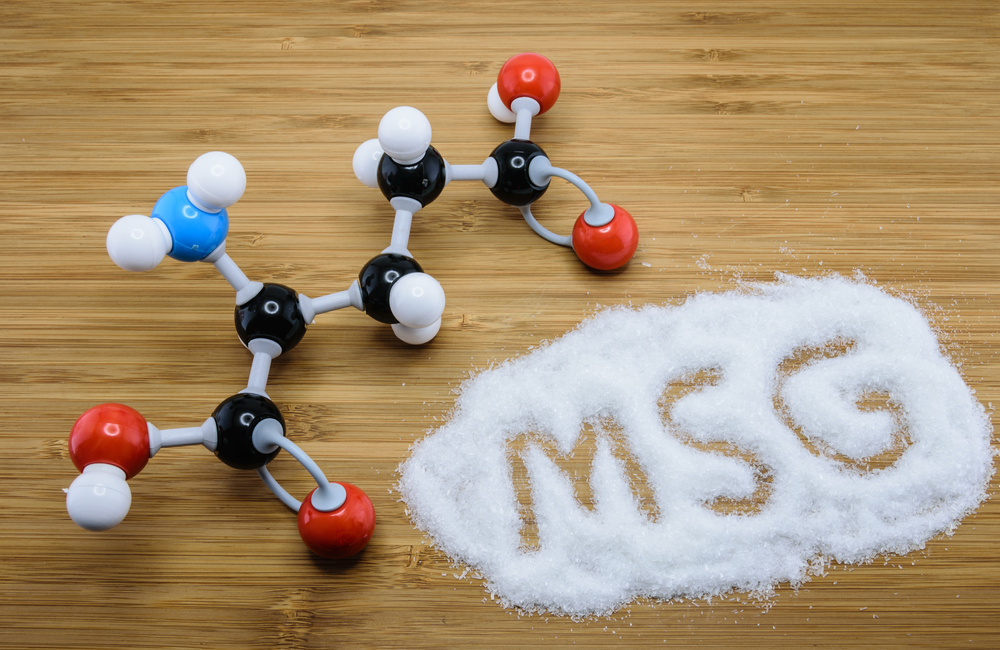Monosodium Glutamate or MSG is a popular food additive that has a rather bad reputation. Rumor says that this food additive can cause various symptoms like headache, sweating, numbness, and nausea. In the long term, MSG is accused as the culprit behind cognitive damage. The effect of MSG seems so bad, and many associations and groups actively campaigning about it. More and more household stop using MSG in their foods, and in the same time many restaurants promoting healthy foods also declare that their products are free from MSG.

If MSG really creates negative effects on health, then why are they still available on the market? Why MSG is still used in many products?
Here are some facts about MSG, that might change your view about this food additive:
MSG (originally) has no taste
MSG has no taste by itself, but it is used by many cooks to enhance the flavor of almost any food. The taste that is enhanced by MSG is different than the standard sweet, salty, sour, or bitter—it is called “umami”, which also is enhanced by substances like soy sauce.
MSG has been used since a long time ago
MSG was invented in Japan in the early 20th century by a Japanese scientist Kikunae Ikea to give bland Japanese foods more umami flavor. He isolated glutamic acid as a taste substance in 1908 from the seaweed. It then made its way into Chinese kitchens as a cheap, delicious ingredient for instant stock.
MSG is generally regarded as safe
MSG is the sodium salt of glutamic acid, one of the most abundant naturally occurring non-essential amino acids. MSG is found naturally in tomatoes, cheese and other foods. The US Food and Drug Administration (FDA) recommend it be consumed in moderate quantities, and not on an empty stomach.
We actually consume glutamic acid (even though we don’t use MSG)
Monosodium glumatamate is simply the sodium salt, or ionic form of glutamic acid, an amino acid which is the one of the building blocks of most proteins. We consume glutamic acid from almost ever food we eat from grains to meat, since it’s a constituent part of probably every protein found on Earth.
MSG increases your ability to taste
Foods often taste better with added MSG, which can sometimes mean you might want to eat more. Interestingly, MSG can also help older adults eat better. As people age, their taste buds become less sensitive. Many seniors consume too few calories and nutrients because for them, food doesn’t taste the way it should. MSG has ability to enhance the flavors, thus encouraging them to consume more nutrients and calories.
MSG doesn’t cause allergic reaction
Many people experience unpleasant effects like nausea and dizziness after consuming foods with MSG. However, MSG actually doesn’t create antibodies that could cause an allergic reaction on its own. Other people just eat way too much, or they are sensitive to the sodium levels of the food.
Glutamate is important for healthy metabolism
Glutamate, from the amino acid glutamine, is found in protein-containing foods such as meat, poultry, vegetables, and milk. Most of the glutamate we consume on foods is used as fuel for our digestive system.




